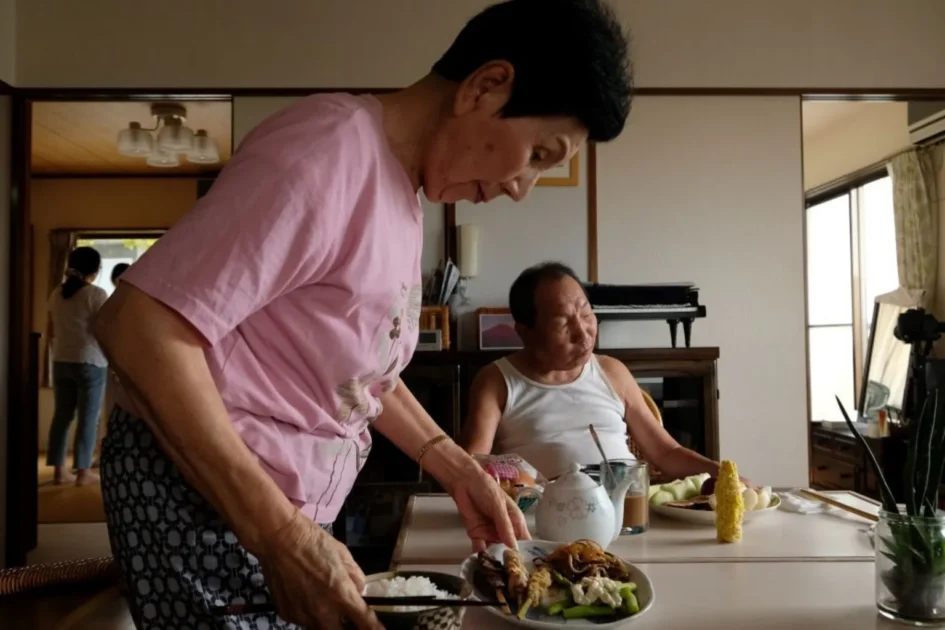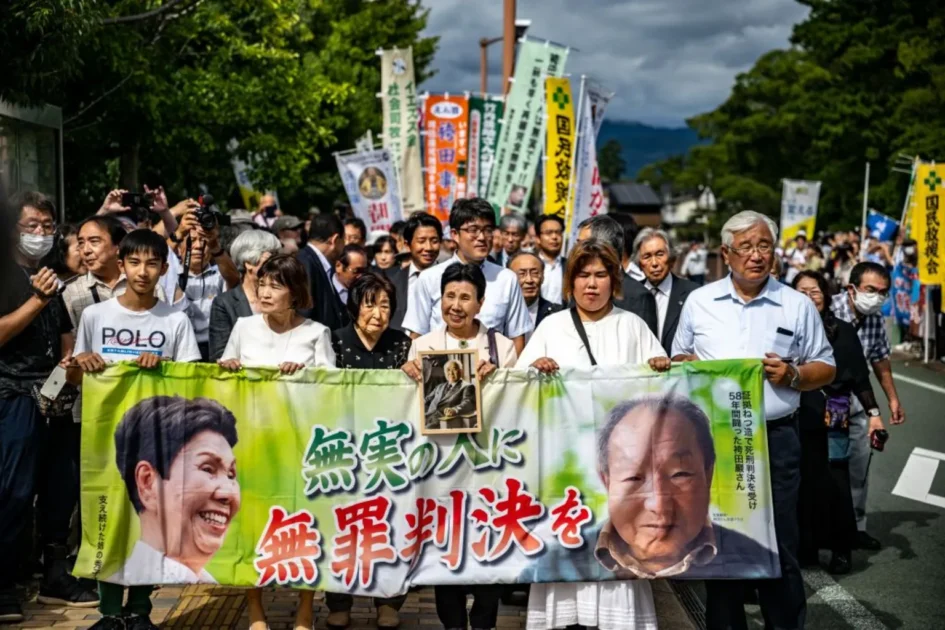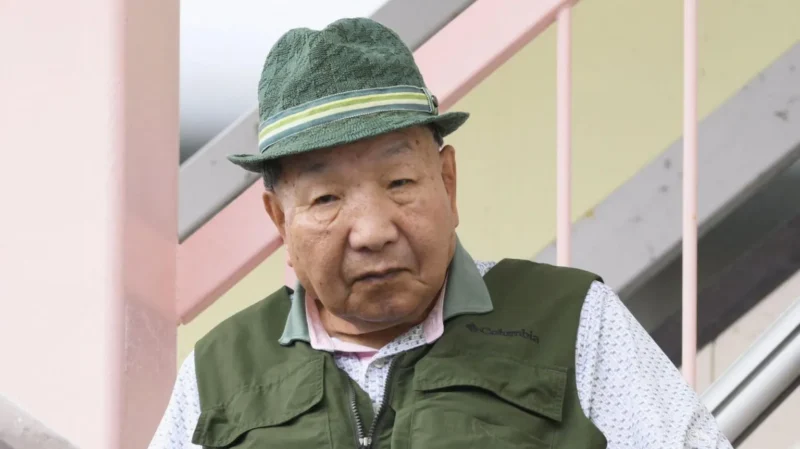Iwao Hakamada was arrested in 1966 while working at a miso processing plant in Shizuoka, west of Tokyo.
Tokyo, Japan – Iwao Hakamada, the world’s longest-serving death row inmate, has been acquitted by a Japanese court after spending more than half a century on death row.
The 88-year-old, convicted in 1968 of murdering his boss, the man’s wife, and their two teenage children, has maintained his innocence throughout the decades-long legal ordeal.
Hakamada, a former professional boxer, was initially sentenced to death based on what the court has now acknowledged was fabricated evidence. His legal team argued that investigators planted false evidence to secure his conviction. The recent court ruling accepted that defense, paving the way for his acquittal and concluding one of Japan’s most drawn-out and controversial legal sagas.
Case Background and Acquittal
Hakamada was arrested in 1966 while working at a miso processing plant in Shizuoka, west of Tokyo. The bodies of his employer, the man’s wife, and two children were found at their home following a fire. Authorities accused Hakamada of the quadruple murder, arson, and theft of 200,000 yen. Though he initially denied the charges, he later provided a confession, which he later described as coerced under duress and after being subjected to beatings and interrogations that lasted up to 12 hours daily.
His conviction hinged on bloodstained clothes found in a tank of miso a year after his arrest, which prosecutors claimed belonged to Hakamada. However, his defense team argued for years that the DNA on the clothes did not match his and that the evidence may have been fabricated.

After spending decades in solitary confinement with the constant threat of execution, Hakamada’s deteriorating mental health rendered him unable to attend his retrial hearings. He has been living with his 91-year-old sister, Hideko, since being released from jail in 2014 when a court first granted his request for a retrial.
Verdict and Reaction
Judge Hiroaki Murayama, who initially noted in 2014 that “the clothes were not those of the defendant,” ruled that it was “unjust to detain the defendant further, as the possibility of his innocence has become clear to a respectable degree.” The retrial finally began last year, and on Thursday morning, the Shizuoka District Court handed down its decision to acquit Hakamada.
The court concluded that red stains found on the clothes could not have been blood, as blood would not remain red after a year of being submerged in miso. The ruling determined that “investigators tampered with the clothes by getting blood on them,” before hiding them in the miso tank.
Hakamada’s supporters gathered outside the courtroom cheered the ruling with cries of “banzai,” a traditional Japanese exclamation of joy meaning “hurray.” His sister, Hideko, expressed immense relief, saying, “finally, a weight has been lifted from my shoulders.”

Broader Implications
Hakamada’s acquittal is a rare occurrence in Japan, which has granted retrials to death row inmates only five times in the country’s post-war history. Japan remains one of the few developed nations that still imposes capital punishment, alongside the United States in the G7 group. In Japan, death row prisoners are typically notified of their execution just hours before it is carried out.
The case has sparked widespread interest and debate over Japan’s criminal justice system and the use of the death penalty, drawing attention from both domestic and international observers. While Hakamada’s acquittal marks the end of his decades-long legal struggle, it also raises questions about the integrity of past convictions and the treatment of death row inmates in Japan.










Join our Channel...